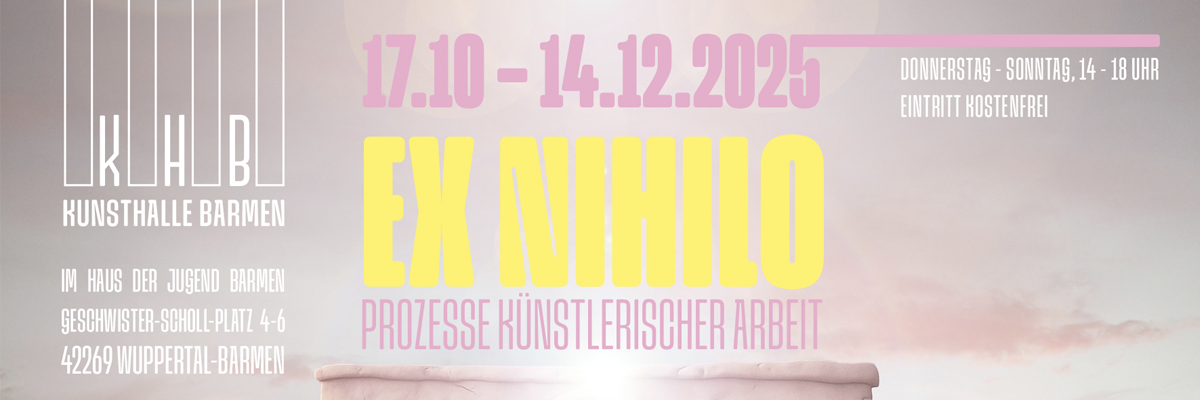
Jack Jubb
Later Works
Project Info
- 💙 Cell Project Space
- 💚 Adomas Narkevičius
- 🖤 Jack Jubb
- 💜 Adomas Narkevičius
- 💛 Damian Griffiths
Share on
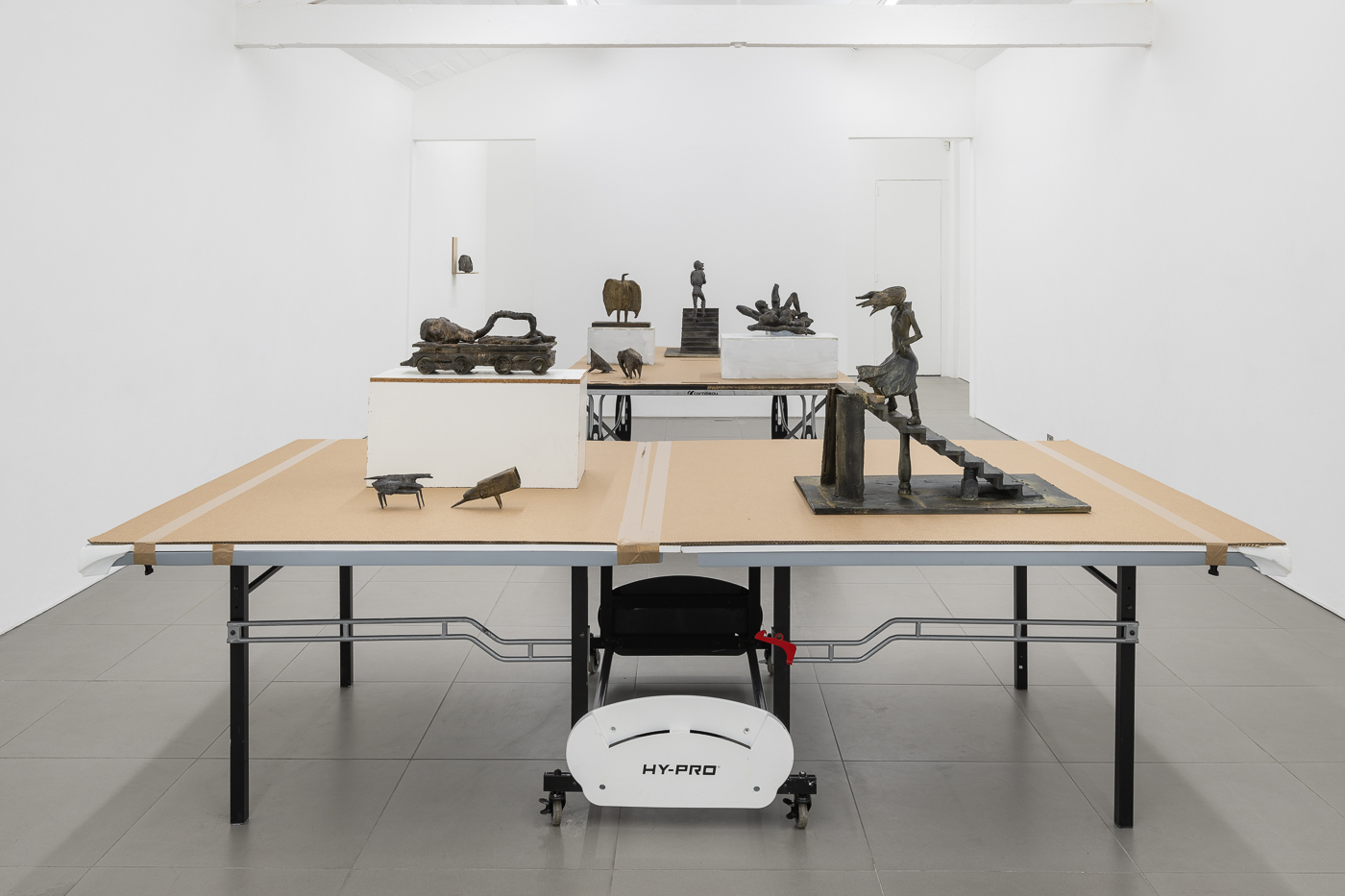
Jack Jubb, Exhibition view, Later Works, 2024, Cell Project Space
Advertisement
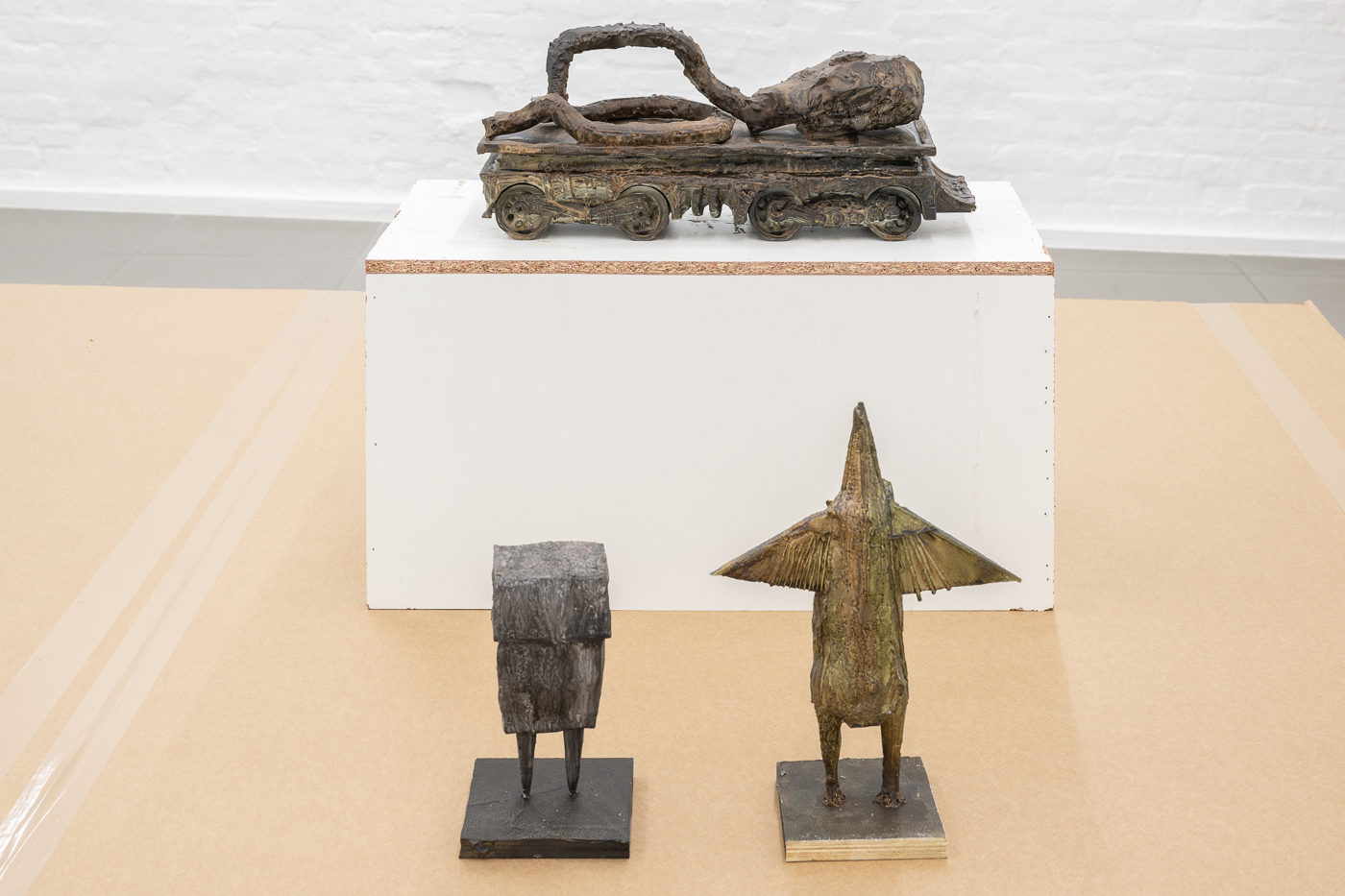
Jack Jubb, Installation view, Later Works, 2024, Cell Project Space
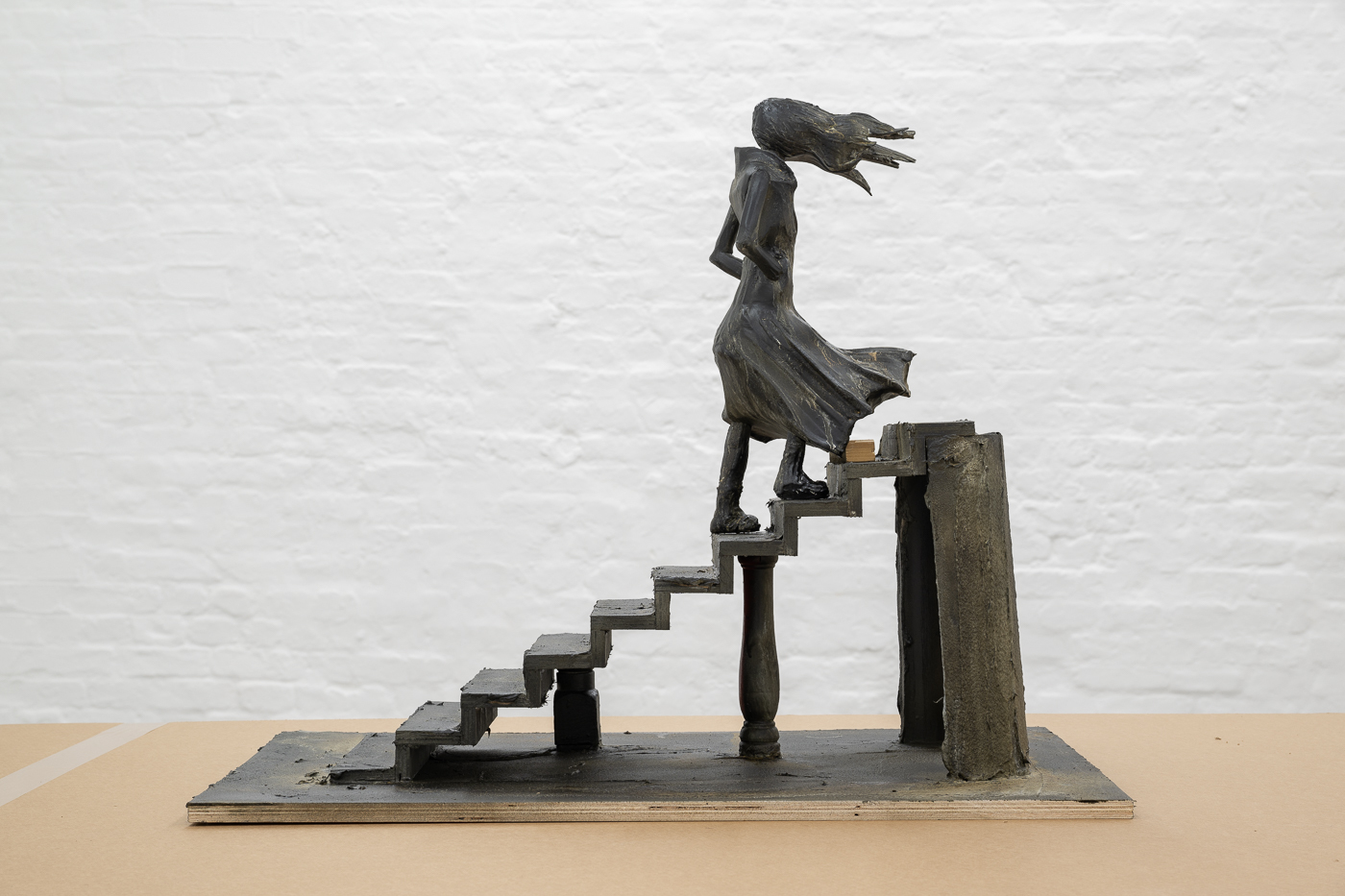
Jack Jubb, High Wind II, Later Works, 2024, Cell Project Space
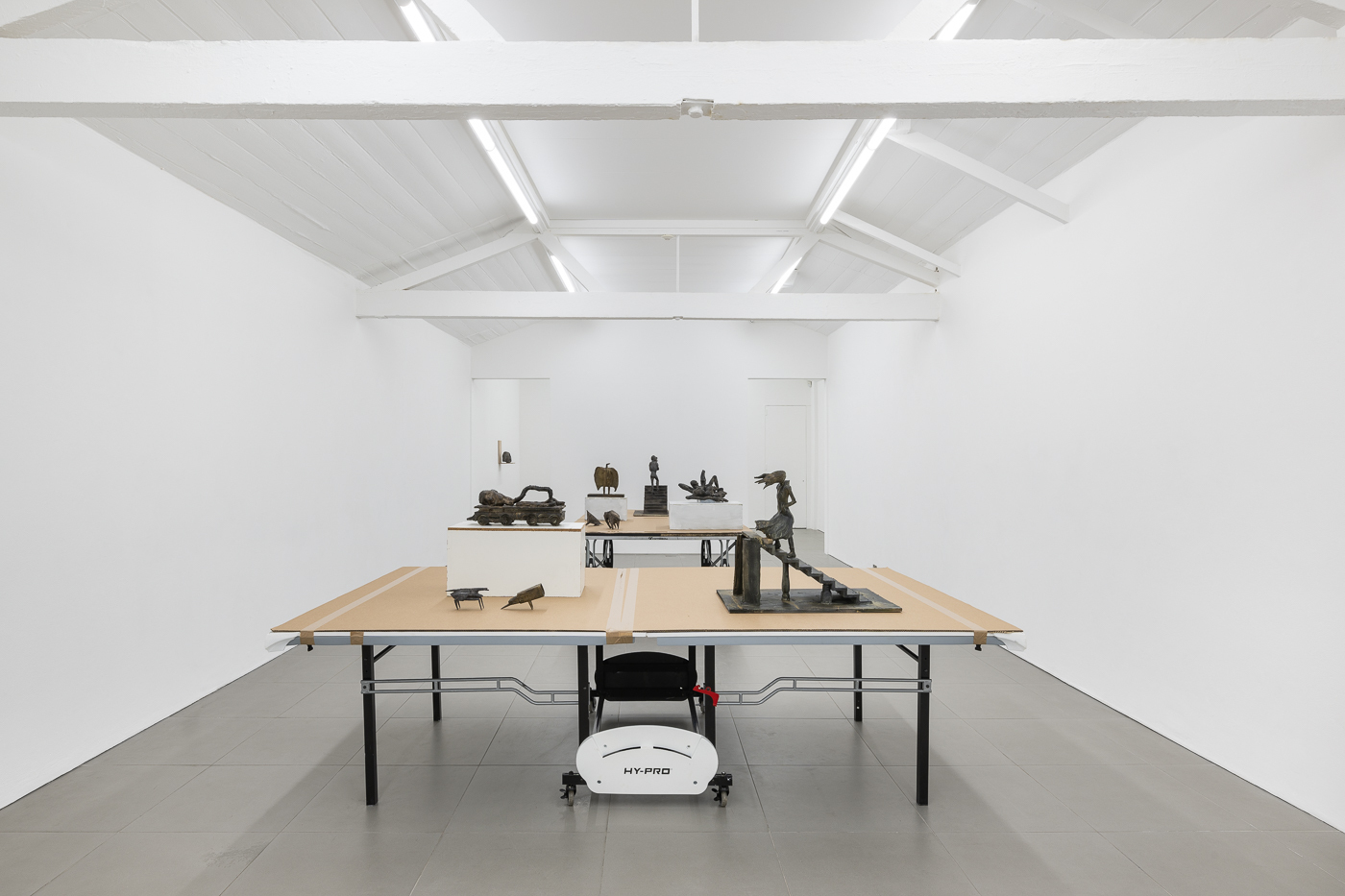
Jack Jubb, Exhibition view, Later Works, 2024, Cell Project Space
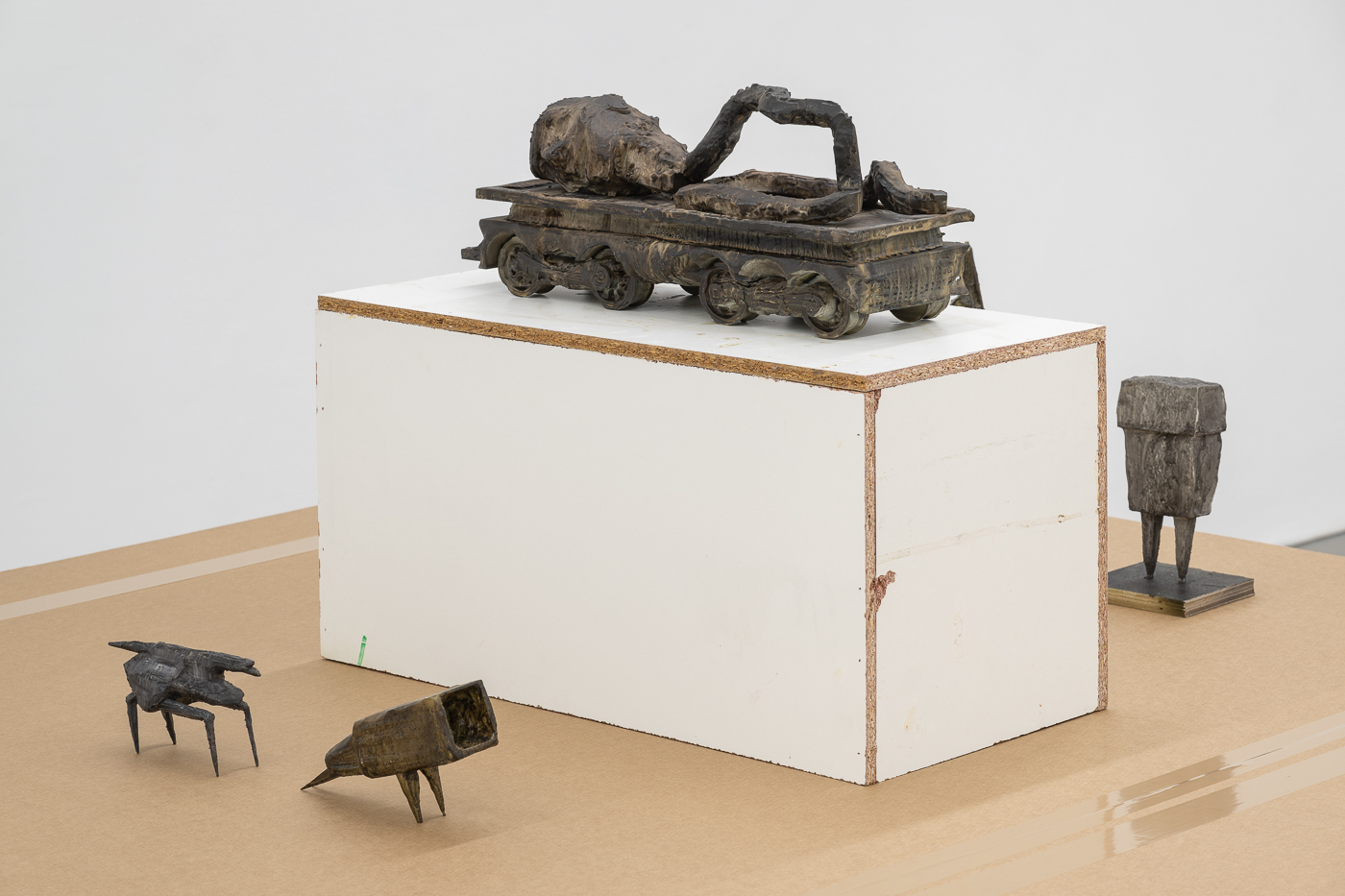
Jack Jubb, Installation view, Later Works, 2024, Cell Project Space
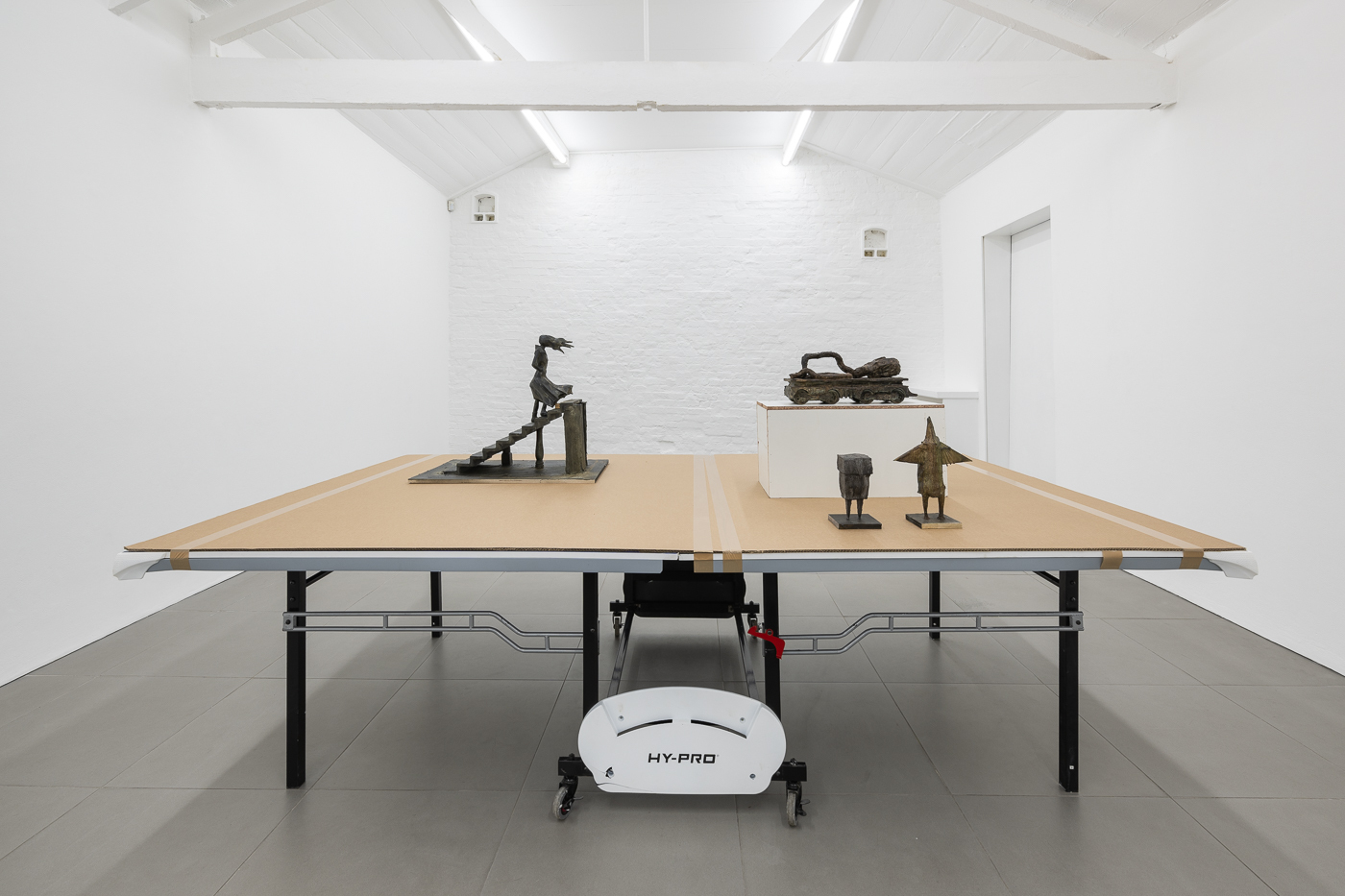
Jack Jubb, Installation view, Later Works, 2024, Cell Project Space
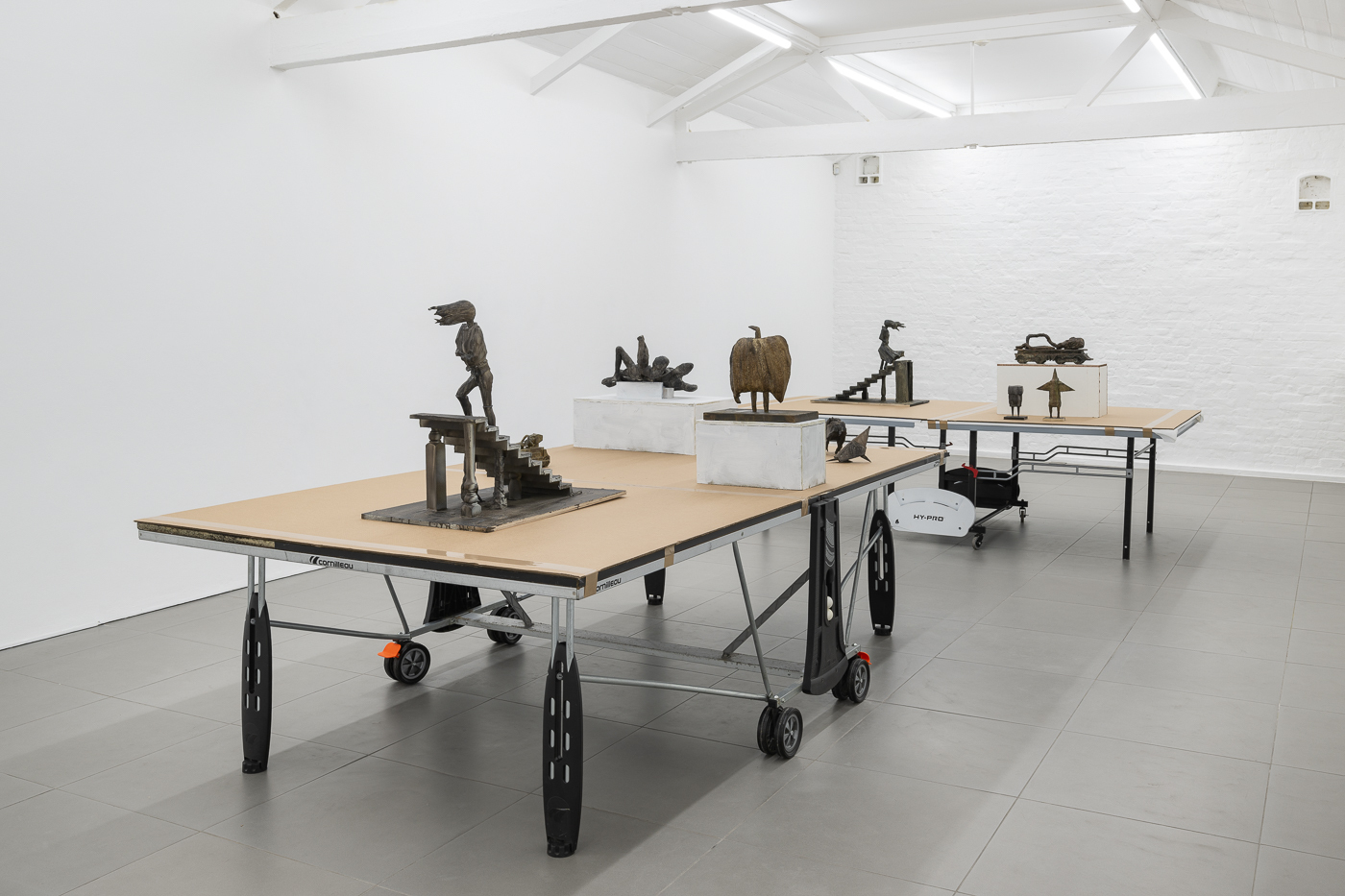
Jack Jubb, Exhibition view, Later Works, 2024, Cell Project Space
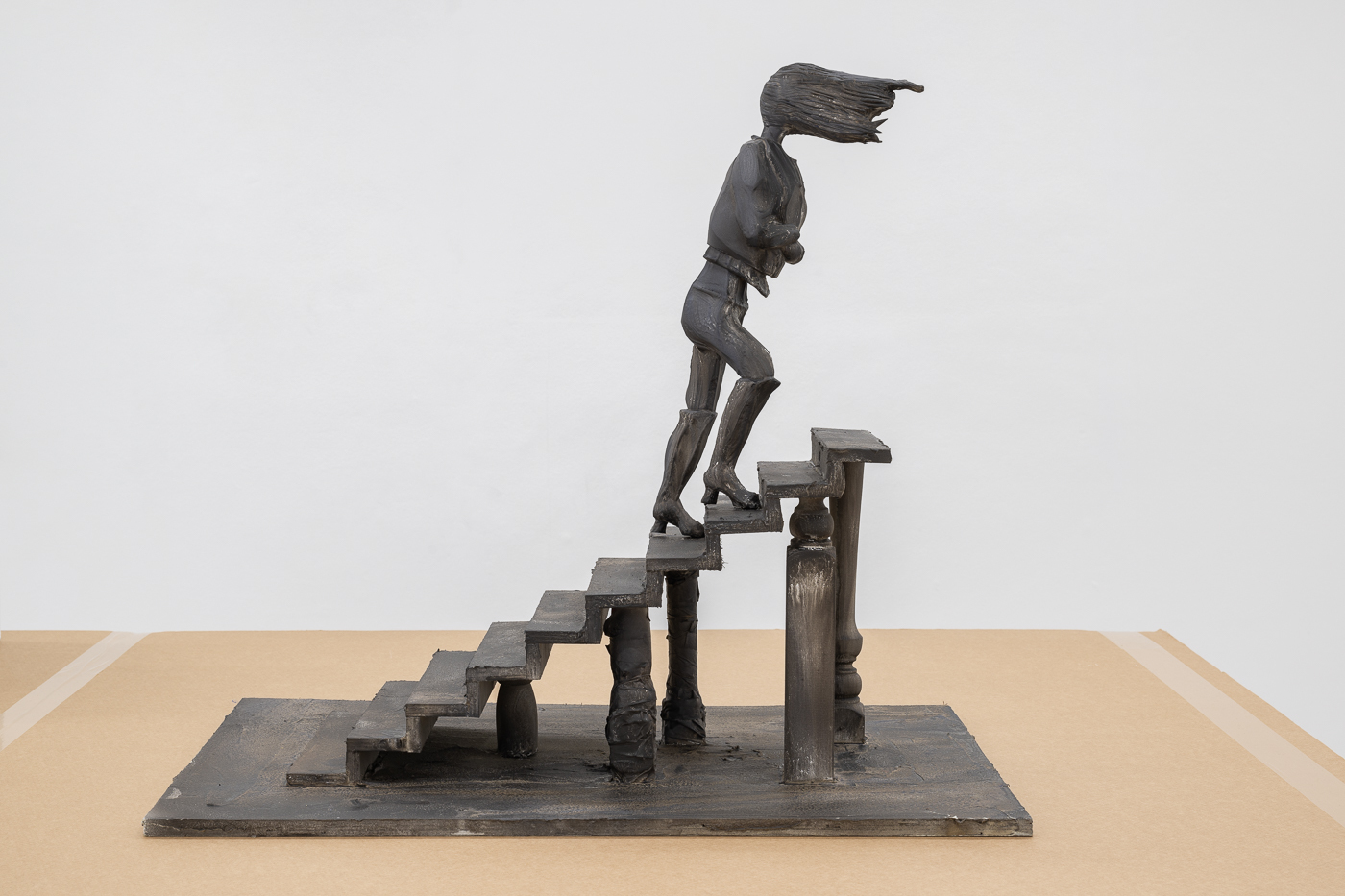
Jack Jubb, High Wind I, Later Works, 2024, Cell Project Space
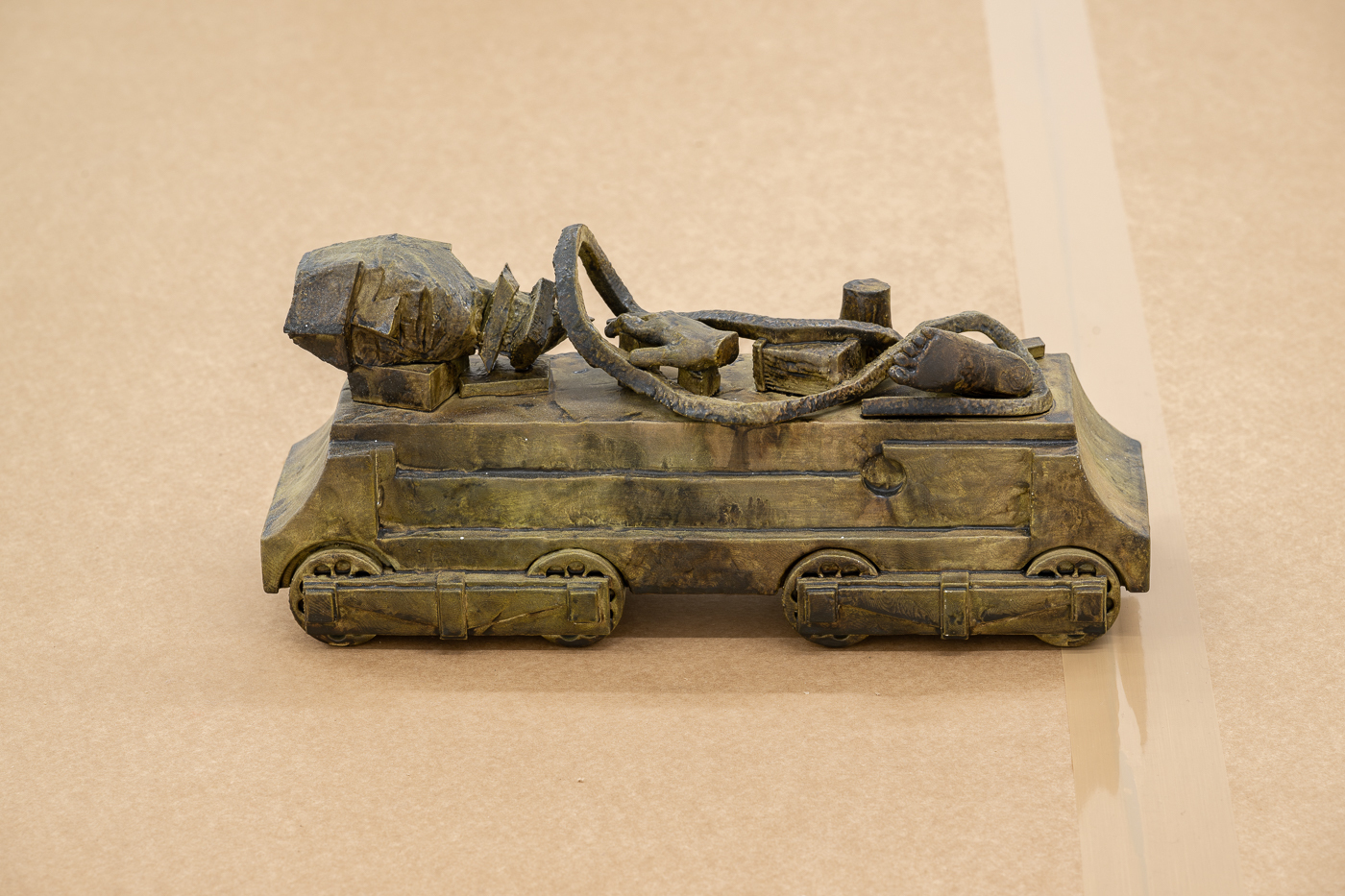
Jack Jubb, Zombie Train II, Later Works, 2024, Cell Project Space
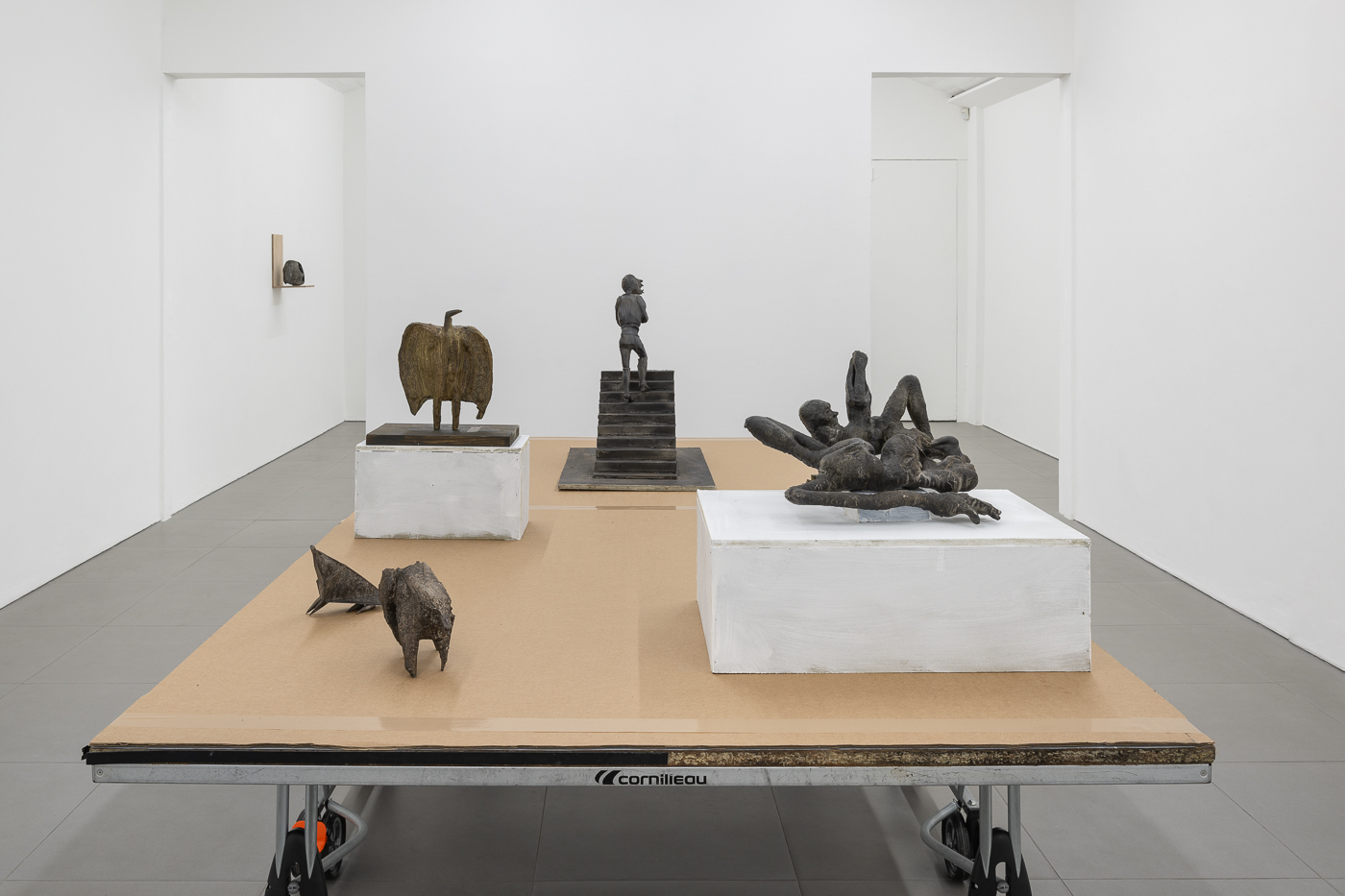
Jack Jubb, Installation view, Later Works, 2024, Cell Project Space
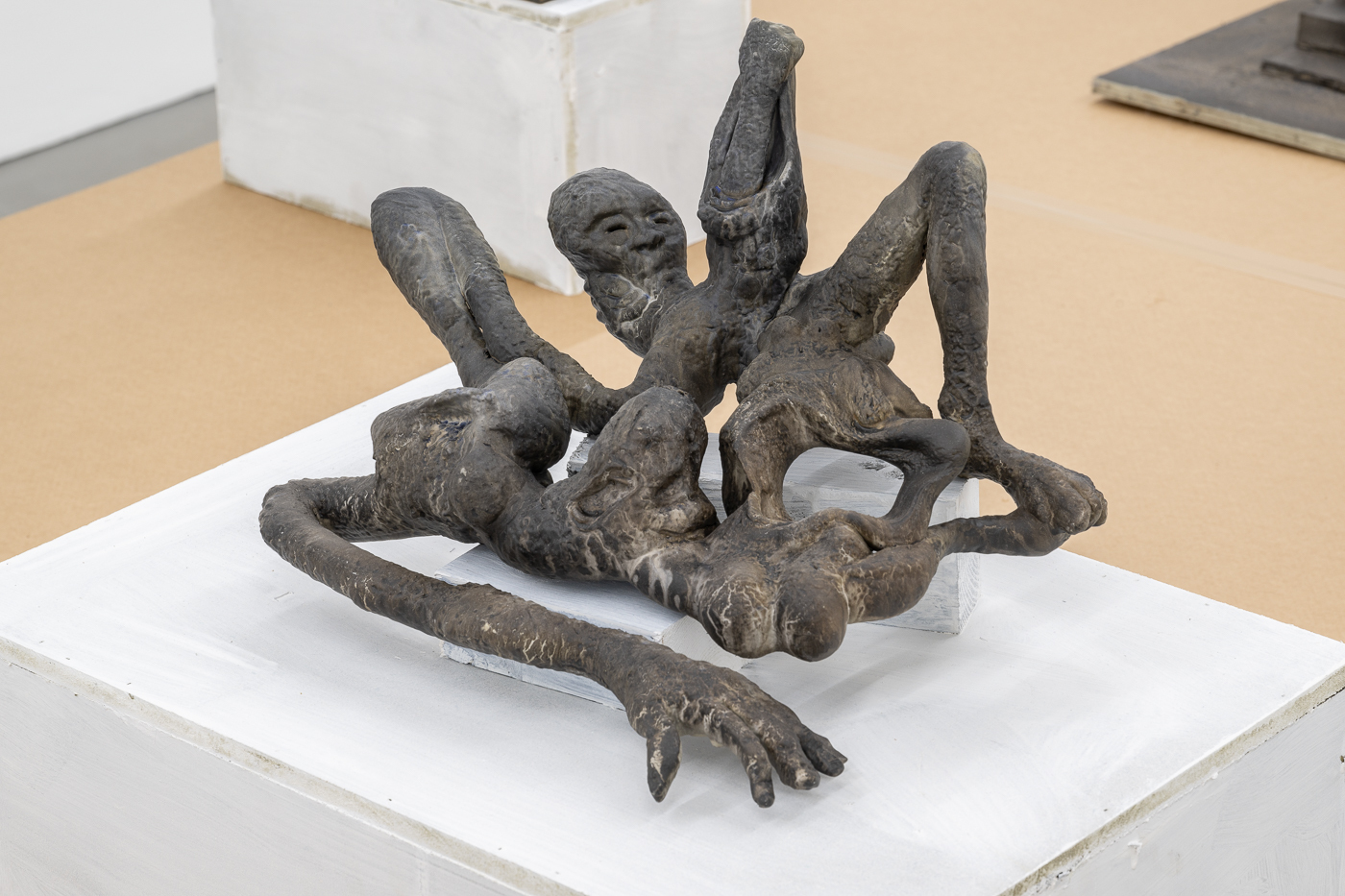
Jack Jubb, Shunted Recumbent Figure, Later Works, 2024, Cell Project Space
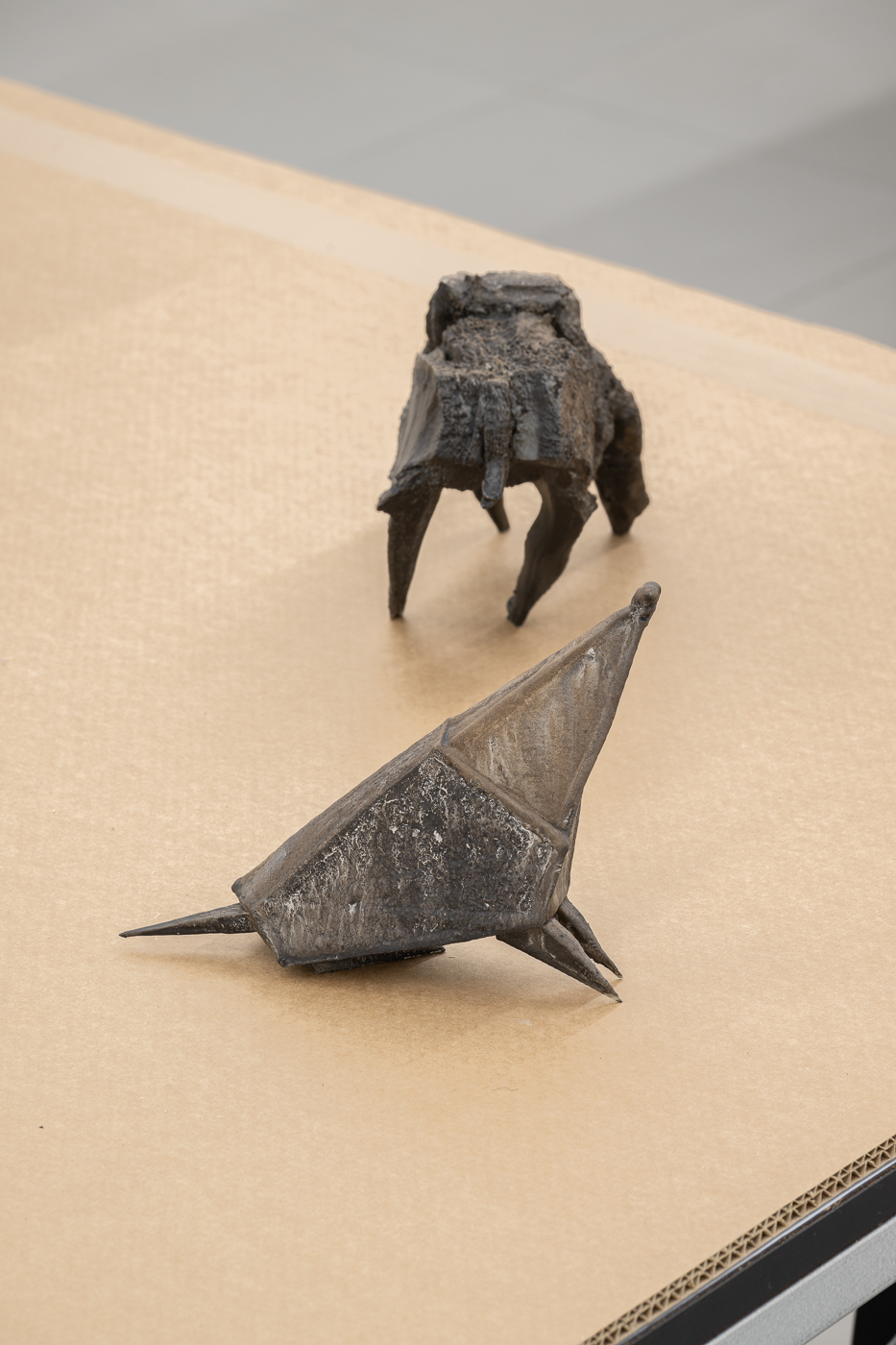
Jack Jubb, Installation view, Later Works, 2024, Cell Project Space
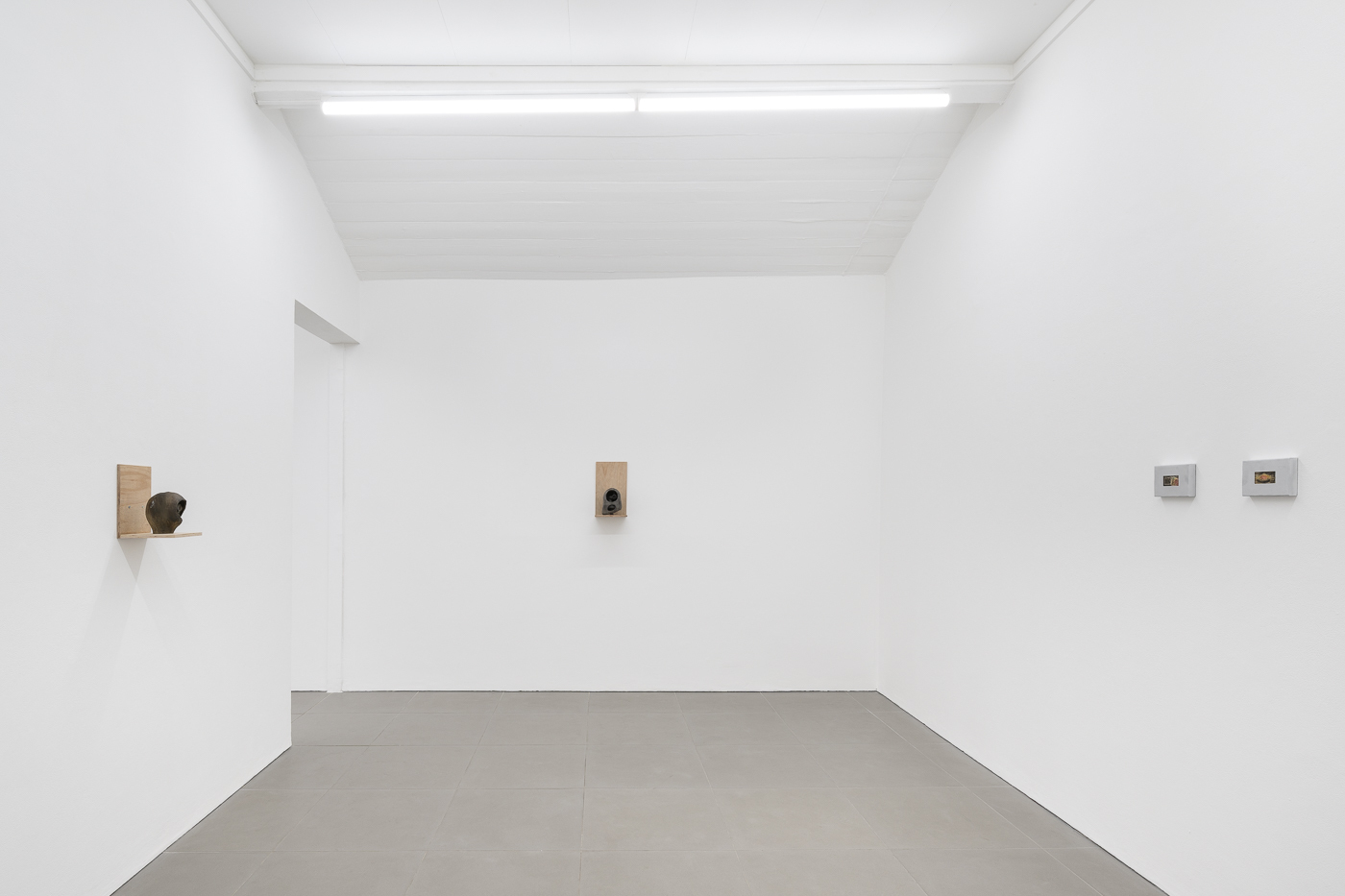
Jack Jubb, Exhibition view, Later Works, 2024, Cell Project Space
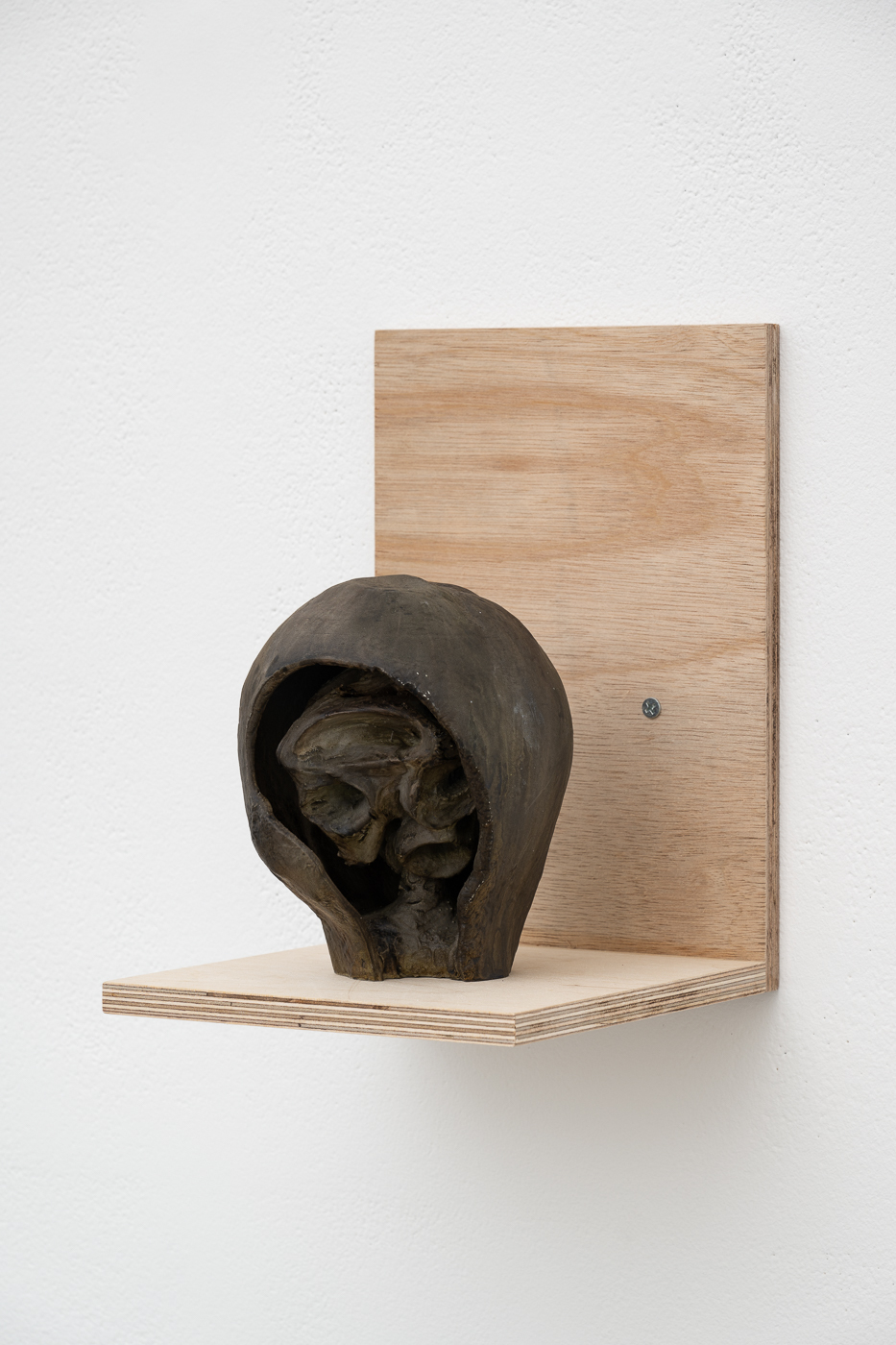
Jack Jubb, Helmet Head I, Later Works, 2024, Cell Project Space
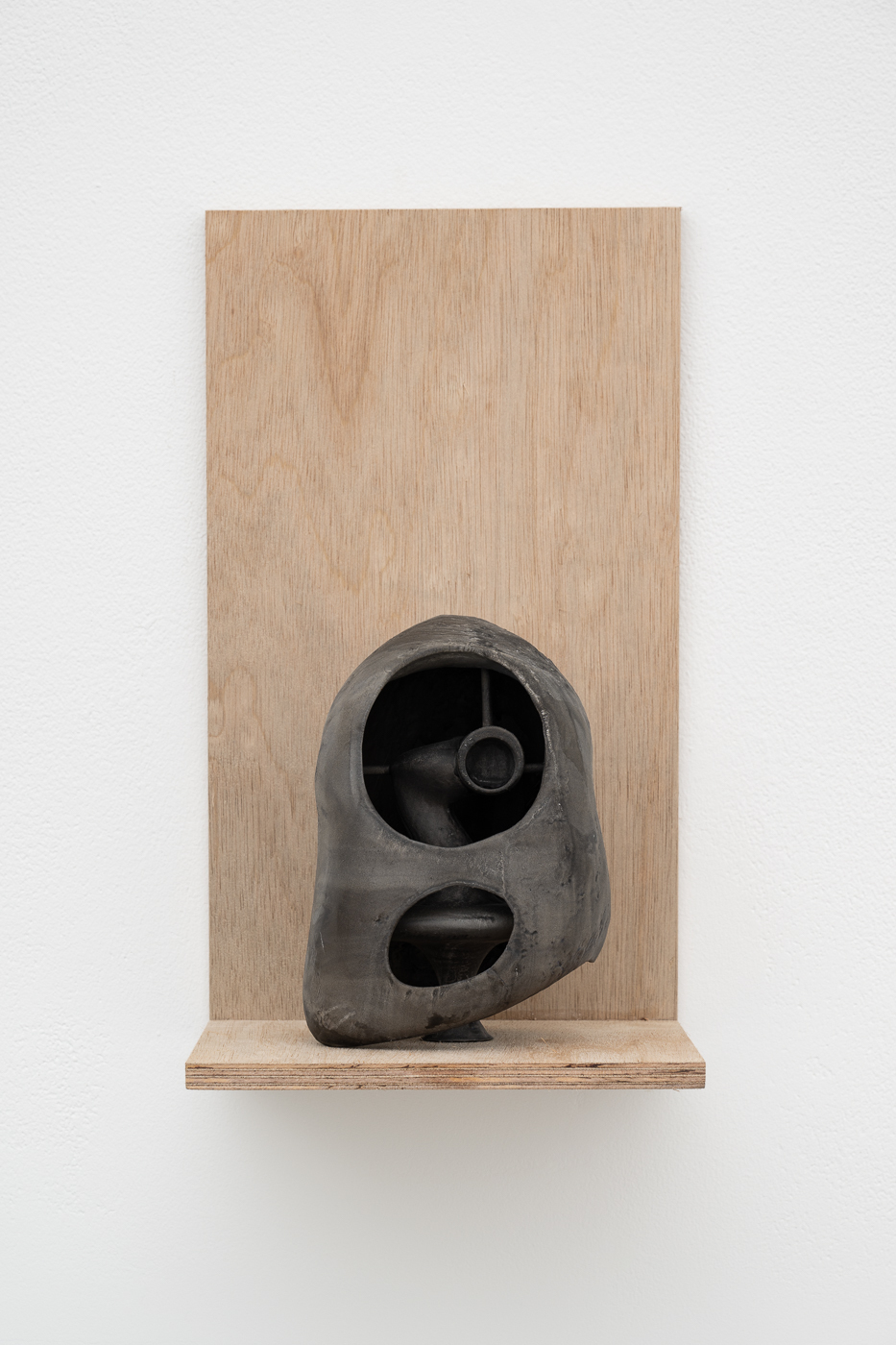
Jack Jubb, Helmet Head II, Later Works, 2024, Cell Project Space
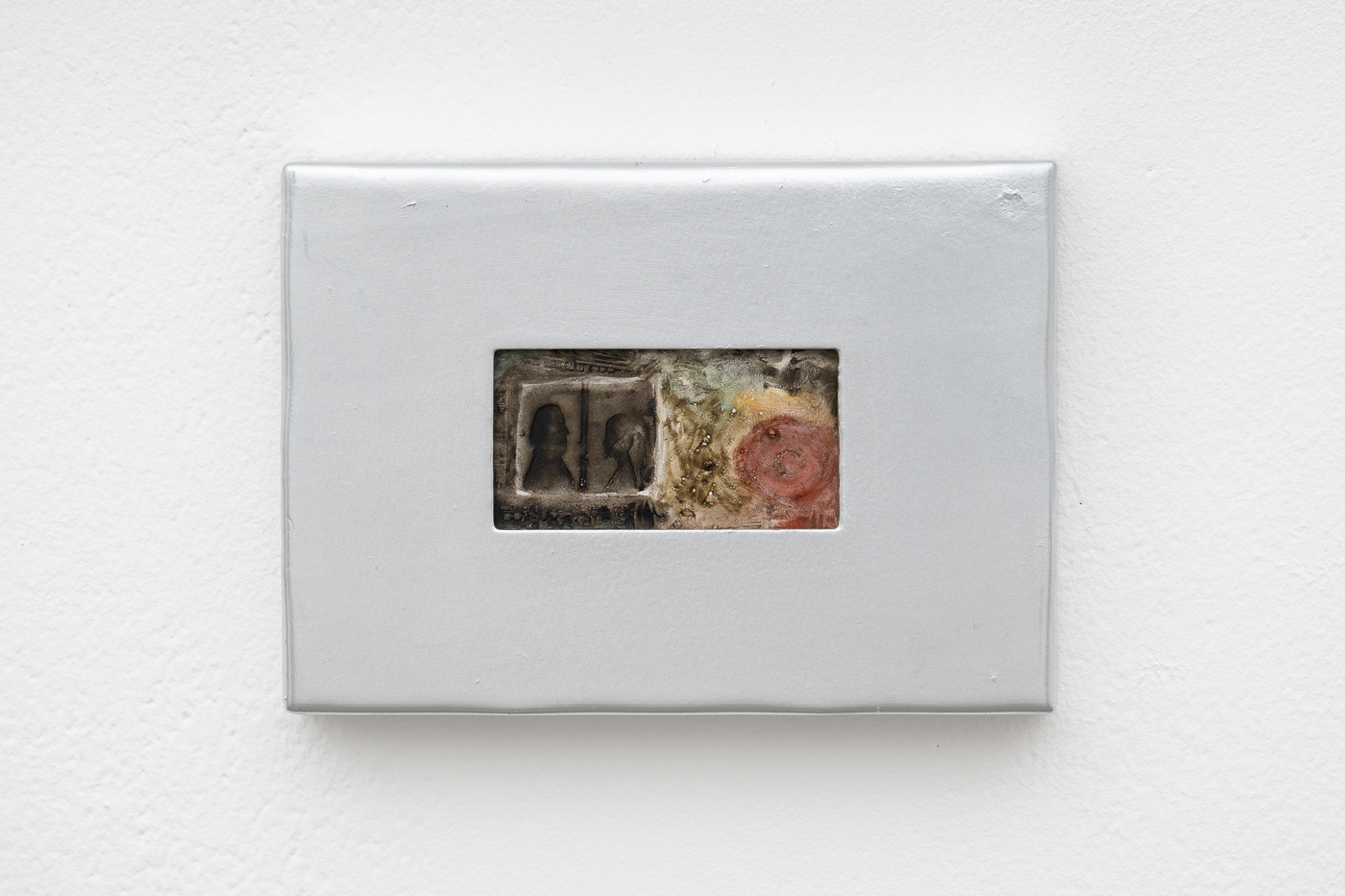
Jack Jubb, Aggregate Relief Painting I, 10x15cm, Later Works, 2024, Cell Project Space
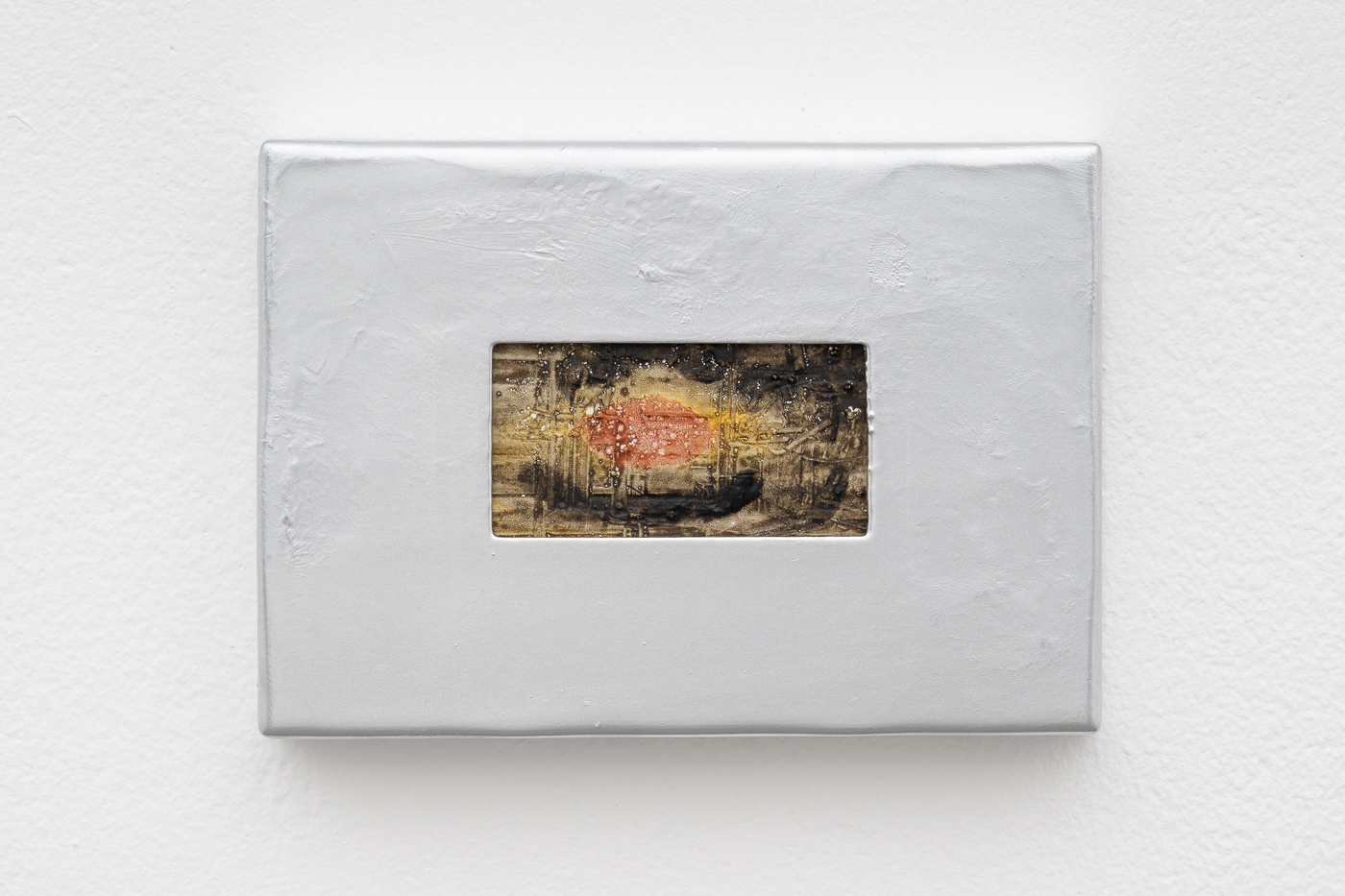
Jack Jubb, Aggregate Relief Painting II, 10x15cm, Later Works, 2024, Cell Project Space
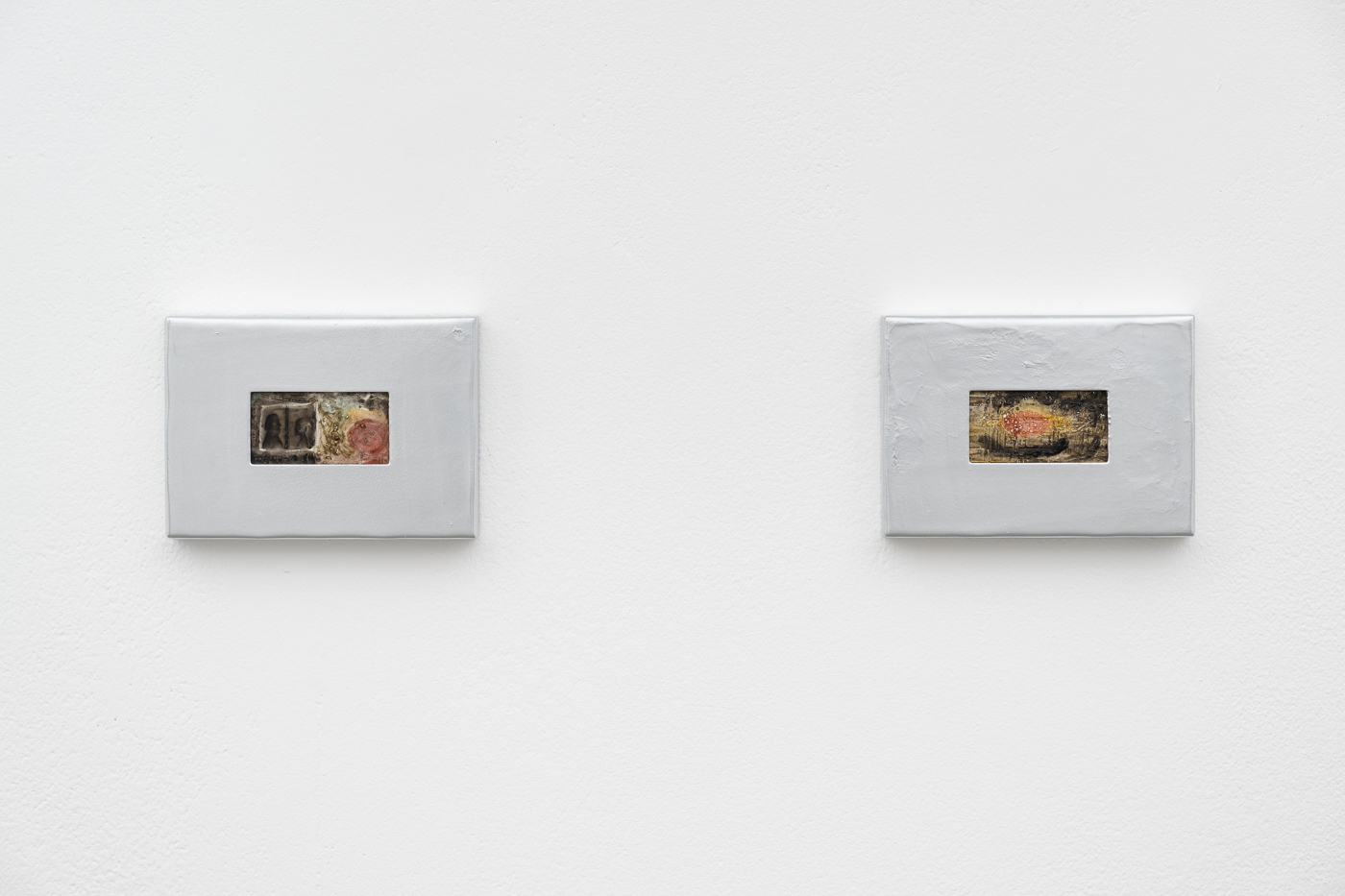
Jack Jubb, Installation view, Later Works, 2024, Cell Project Space
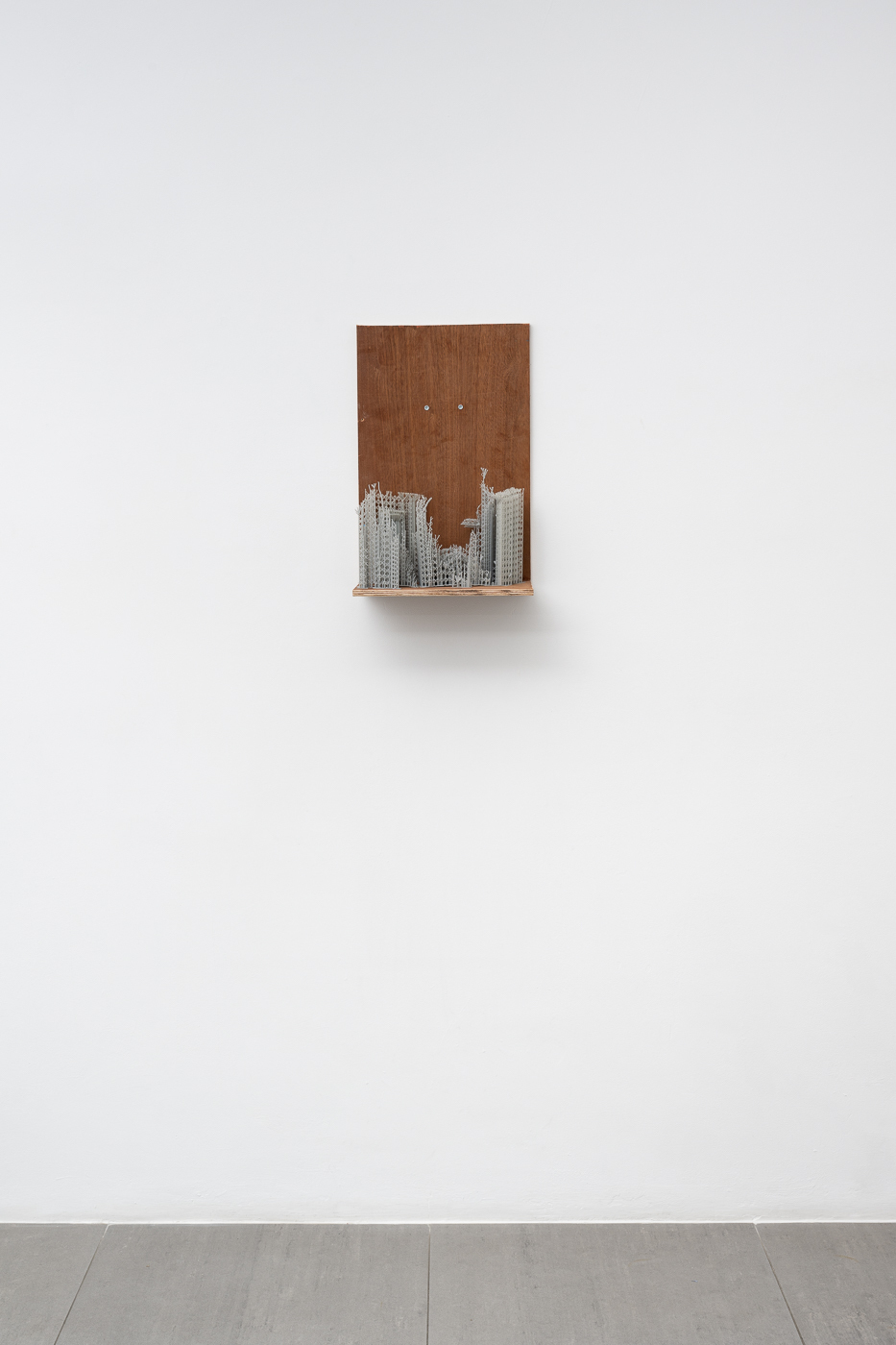
Jack Jubb, Installation view, Later Works, 2024, Cell Project Space
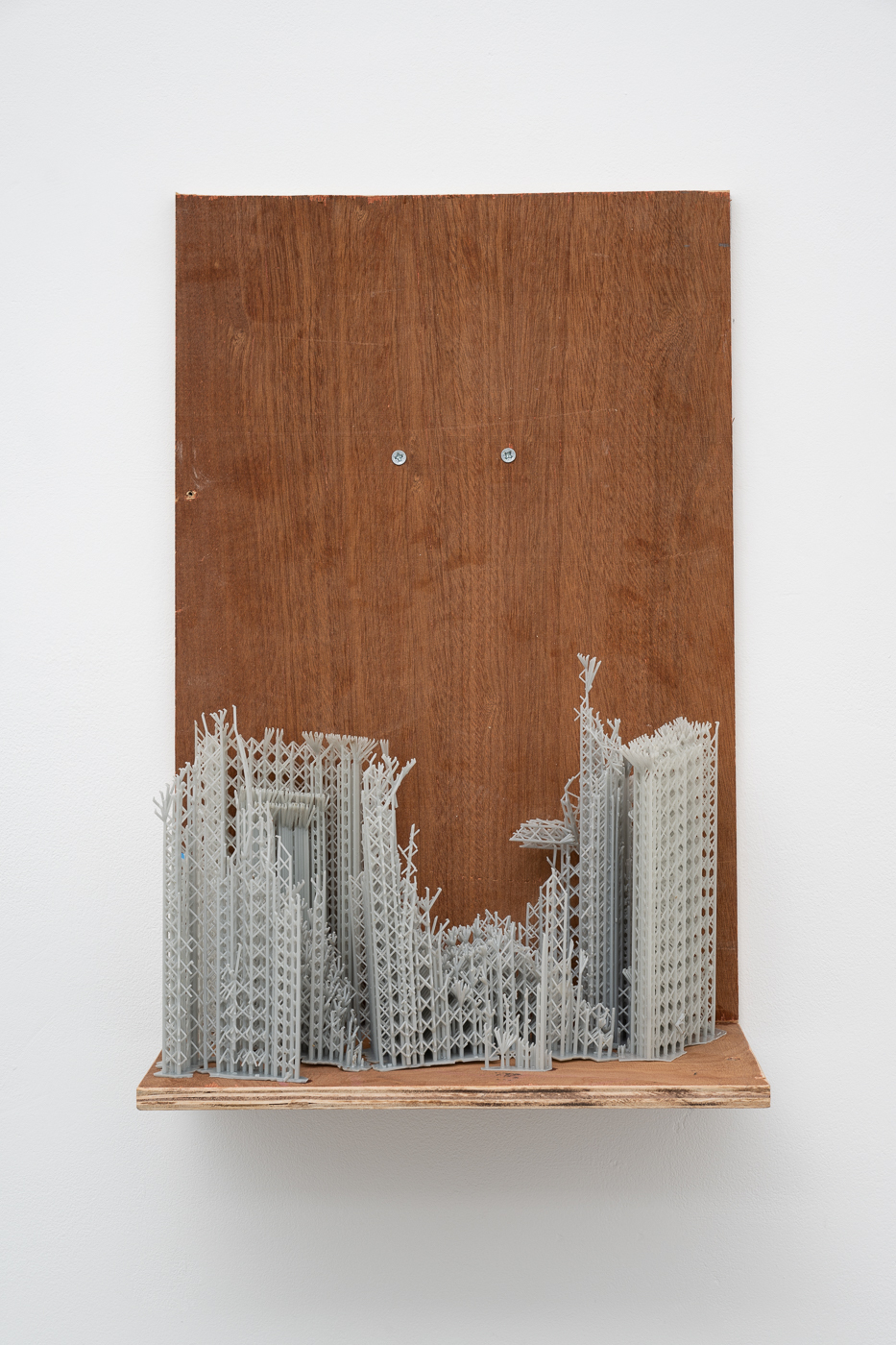
Jack Jubb, Downtown Wharf, Later Works, 2024, Cell Project Space
'Later Works' is London-based artist Jack Jubb’s first solo exhibition in the UK, featuring a newly commissioned series of sculptures and watercolours. The exhibition ambivalently acts as a fever dream of a British modernist in their decadent era or, alternatively, a 3D-printing hobbyist compulsively producing counterfeits. In his debut in sculpture, the artist draws on this dual role, continuing his interest in themes of labour, reproduction, value, and mythmaking – this time through the lens of countercultural hobbyism and the legacy of British modernist sculpture.
Appearing slug-like in 'Shunted Recumbent Figure' (Later Works), as if they spring from the 80s body horror comedy classic Society, at other times anime fan-art-like in the 'High Wind' (Later Works) pair, Jack Jubb’s miniatures are their own chimaeras. They are preparatory objects and final works, refusing to scale up. They riff on the forms of British modernist sculpture and its ‘later’ works. Chadwick’s later works, Paolozzi’s later works, Moore’s later works, now Jubb’s later works. Belated in time, the value of later works steadily accrues as they become culturally displaced and, as public art, paradoxically aligned with the present. The normalised grotesque everyday has synced up to the grotesque of their initial mode of critique.
Employing ‘the miniature’ as a device to interrogate the relationship between preparation and completion, scale and value, Jack Jubb utilises a model-maker or gamer hobbyist’s toolkit and aesthetic language: a household-scale 3D printer, a tablet, modelling software, and stereolithography. His work suggests that models occupy a conceptual space where they are not merely prototypes or stand-ins. In the artist’s framing, the miniature discards the linear pathway between originals and derivatives, instead engaging in the quasi-antagonistic practice of counterfeiting. As counterfeits, they remain suspended, irreverent about someone’s or their own cultural legacy, value inscription mechanisms, and the mystique of the final work, all while nodding to the allure of those legacies and their own participation in these mechanisms.
'Later Works' inhabits the in-between: a future withheld, a past slightly awry, and a present that deceives. Displayed on table tennis tables sourced from Gumtree – a gallery and museum art handlers’ in-joke – the sculptures appear as they might in stockrooms full of small-scale modernist works, spaces to which Jubb may or may not have had close proximity. The exhibition performs as its final form and as a knock-off display in preparation, a work-in-progress. Suggesting a state of incompletion that will not be resolved, the miniatures and their supports seem poised for transformation that never arrives.
Even the agency in the ‘refusal to scale up’ is under question. These ‘poor images in space’, produced from endlessly scalable digital maquettes, become sculptural echoes of infinitely reproducible files – degraded images of sculptures. They are marked by the limitations of consumer-grade 3D printing, tracing both the promise of democratised, accessible countercultural DIY spaces and their political failures. The latest peak in online 'inauthenticity' suggests it is prone to curation and amplification by state and corporate systems at will.
An examination of the mechanics of value, labour, and cultural legacy, 'Later Works' embraces the grotesque and the small, offering a materially grounded reflection on what it means to produce and reproduce at this moment of digital and historical saturation.
Adomas Narkevičius

